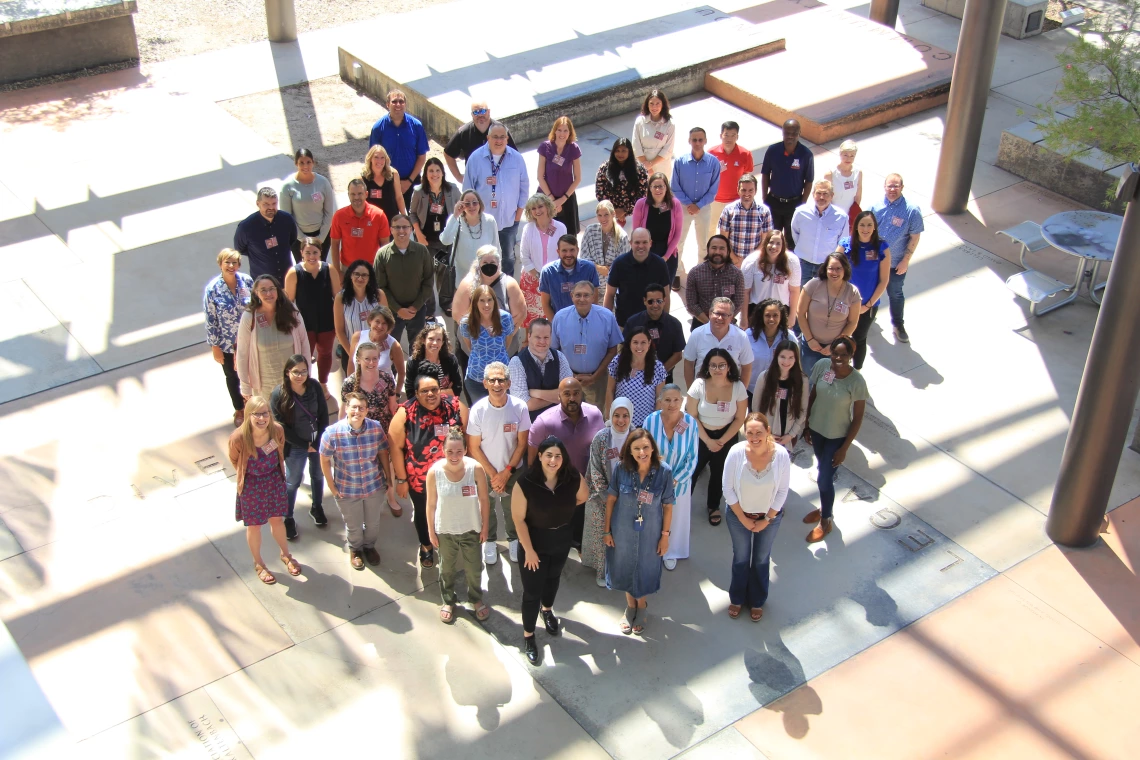The Norton School of Human Ecology: A New Name, A Renewed Mission

Since 1898, the programs housed in the Norton School have prepared graduates for careers that translate the latest advances in family sciences, human development, financial wellness, fashion merchandising and consumer studies to serve the evolving needs of families, communities, and industry.
The Norton School’s acclaimed programs in Retailing and Consumer Science and Family Studies and Human Development have a long tradition of excellence within the College of Agriculture, Life and Environmental Sciences. This fall the school will celebrate a name change and become the Norton School of Human Ecology.
You may be asking yourself, what is human ecology?
Simply put, it’s about big questions:
How can we strengthen family relationships and support underserved or under-resourced communities? How can people and families better weather financial uncertainty? How can fashion, retail and consumer practices become more sustainable in the face of changing economic and environmental climates? How can we live our best lives and foster a better future?
“The name Human Ecology more accurately aligns with the current direction and goals of the Norton School,” said Laura Scaramella, the school’s director. “It places people within their larger ecological systems—looking at how they contribute to and are influenced by their relationships, communities, environments, and the wider society.”
The Norton School believes fostering a better future begins with bridging understanding, Scaramella explained. “It’s about understanding how everything is connected. From how climate change impacts what products we buy to the decision to start a family or how economic disadvantages and access to support services directly effects the health and resilience of communities.”
The mission of the Norton School is to use science, research, and education to ensure that every family thrives, Scaramella explained. “The relevance of this mission has never been more significant as it is today.”
The pandemic, supply chain disruptions, inflation and the rising cost of living have all put added pressure on our lives—from health and childcare disparities to food and financial insecurity. Communities are facing critical challenges in homelessness and housing insecurity, substance abuse, and social inequity.
“Our students want to work in helping fields and be leaders for change. Our programs continue to evolve to help get students out in the community and give them the practical skills they need to improve people’s lives,” Scaramella said. “Our transformation is ongoing, and that’s what makes us unique.”

